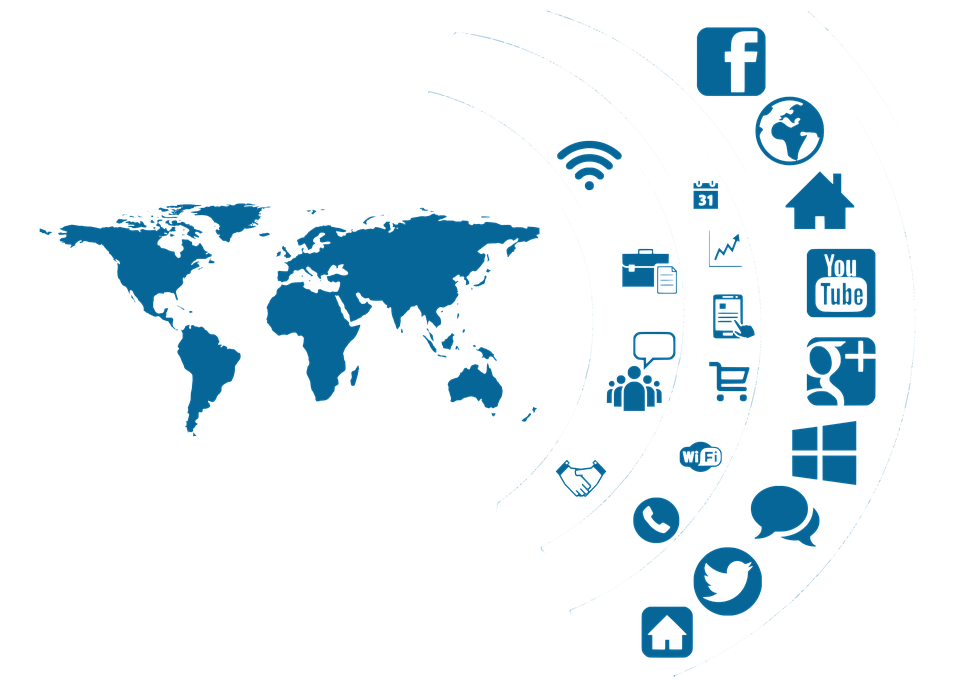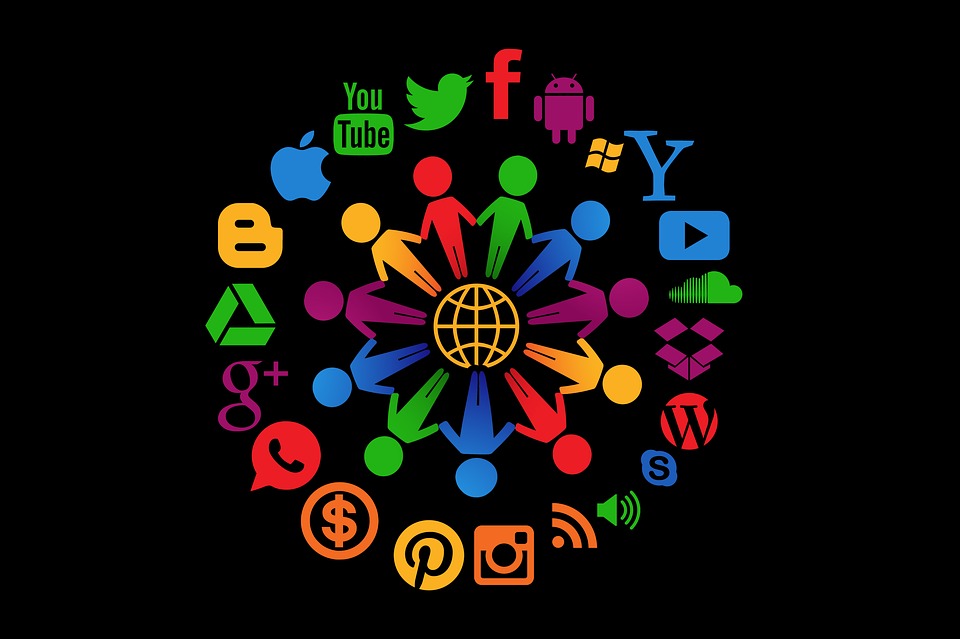What Is Big Tech? It’s Likely Not What You Have in Mind
You may have heard or read of the phrase “big tech” before, but you couldn’t ascertain what it means. No, it’s not related to big data. It does not directly pertain to the technology that is used on a massive scale either. The term refers to something uncomplicated, commercial, and somewhat controversial.

Big Four, Gang of Four, GAFA, GAFAM
PC Magazine defines big tech as the major tech companies possessing “inordinate” influence. It’s similar to how most other publications and media outfits understand the term, although they vary in the number of companies to include in this band.
Some in the media use the terms Big Four, Gang of Four, or GAFA while others lean towards Big Five or GAFAM. These terms refer to the following tech giants: Google, Amazon, Facebook, and Apple (hence the acronym GAFA). With the Big Five phrase or GAFAM, Microsoft is added to the group.
These are the technology companies perceived to have expansive clout in cyberspace and the tech industry in general. They are thought to be responsible for the “consumer revolution on the internet.” However, the term has a generally less-than-flattering implication. It’s not “Big Tech” for being great or impressive. The “Big Four” or “Big Five’ may have set a consumer revolution, but they are also associated with privacy violations, adverse changes in the job market, and tax evasion.
Interestingly, the term “Gang of Four” was coined in 2008 by Eric Schmidt, the former Chairman (2001-2011) and Executive Chairman (2011-2015) of Google, along with American professor and author Phil Simon and marketing professor and entrepreneur Scott Galloway.

The Issue
So why a post on Big Tech? What makes it relevant and worth writing about?
As mentioned, being among the companies tagged as Big Tech is not a praise. Google, Apple, Facebook, Amazon, as well as Microsoft, as critics would put it, have become masters of the exploitation of customer-generated value. Ther influence over consumers who are active online has become overwhelming and extremely difficult to challenge. This has led to calls for the breaking down of these massive companies that appear to have a monopoly or unchecked competitive advantage in their respective markets/sectors.
Big Tech companies are now becoming the target of antitrust investigations. There are allegations that the multinational companies of GAFA or GAFAM are involved in practices and schemes designed to stifle or constrain competition, thereby limiting consumer choices. The United States Department of Justice (DOJ) and Federal Trade Commission (FTC) have already decided to commence inquiries into such schemes. The DOJ are set to scrutinize Apple and Google, while the FTC will be overseeing investigations on Amazon and Facebook.
In addition to the inquiries of the Executive Department, the United States House of Representatives Judiciary Committee also announced its own Big Tech antitrust investigation. Many American politicians have been clamoring for this in view of the relatively few regulations imposed by the United States on major tech companies. Meanwhile, in the European Union, lawmakers have already started holding tech companies accountable mostly through enormous fines.
Google, in particular, is no neophyte when it comes to antitrust investigations and criticisms over its pole position in the internet industry. The company was fined a record-setting $2.7 billion by the European Union for antitrust rules violations. Google was also subjected to an FTC investigation over accusations that it favored certain search results over others. The agency, however, closed the probe saying that there were no sufficient proofs that support allegations that the company broke US laws.
Unlikely to Be Broken Up
Despite all of the investigations and criticisms, some say the Big Tech gang is unlikely to be reduced to smaller pieces that would satisfy critics and regulators. By the way, breaking them up means taking away their control on different businesses to prevent them from significantly controlling specific sectors, services, or platforms.
To break up Facebook, for example, would be to remove Instagram, WhatsApp, Oculus, and other businesses under Facebook’s control. The objective of which is to prevent the company from exerting influence or setting policies, through its various influential businesses, that unduly stifles competition.
There’s minimal likelihood that Big Tech will be broken up because of the following main reasons:
- The legal definition for monopoly continues to get blurry and ambiguous in the internet age. It’s difficult to set rules when the nature of business of Big Tech companies cross boundaries and cannot be easily categorized into a specific type.
- Antitrust actions are just too slow, especially with politics involved, compared to the developments in the tech industry. Before any antitrust investigation yields actionable conclusions, the tech sector may have already changed and created new challenges and perplexities that divert the attention of policymakers.
- Divestiture in the digital age is difficult and risky. Forcing a company to rid itself of some of its properties is a difficult decision for governments, especially the US government in relation to GAFAM, as this can impair the concerned companies and create opportunities for non-American competitors. Also, it’s hard to determine which specific properties should be divested and to make sure that the remaining components of a company sustains its success.
- Tech companies are rich and influential. It’s impossible for the Big Tech companies to sit down and do nothing while getting threatened with divestiture. They will most likely resort to lobbying and take advantage of their generally positive relationship with consumers to discredit government attempts to control their businesses.

The arguably excessive clout of Big Tech companies definitely merits an inquiry and possible regulation. However, it’s also important to prudently proceed with attempts to tame them as poorly thought out government actions may only create more problems or pave the way for the rise of competitors (taking the place of GAFAM) that are more formidable and adverse for the US economy and global influence.